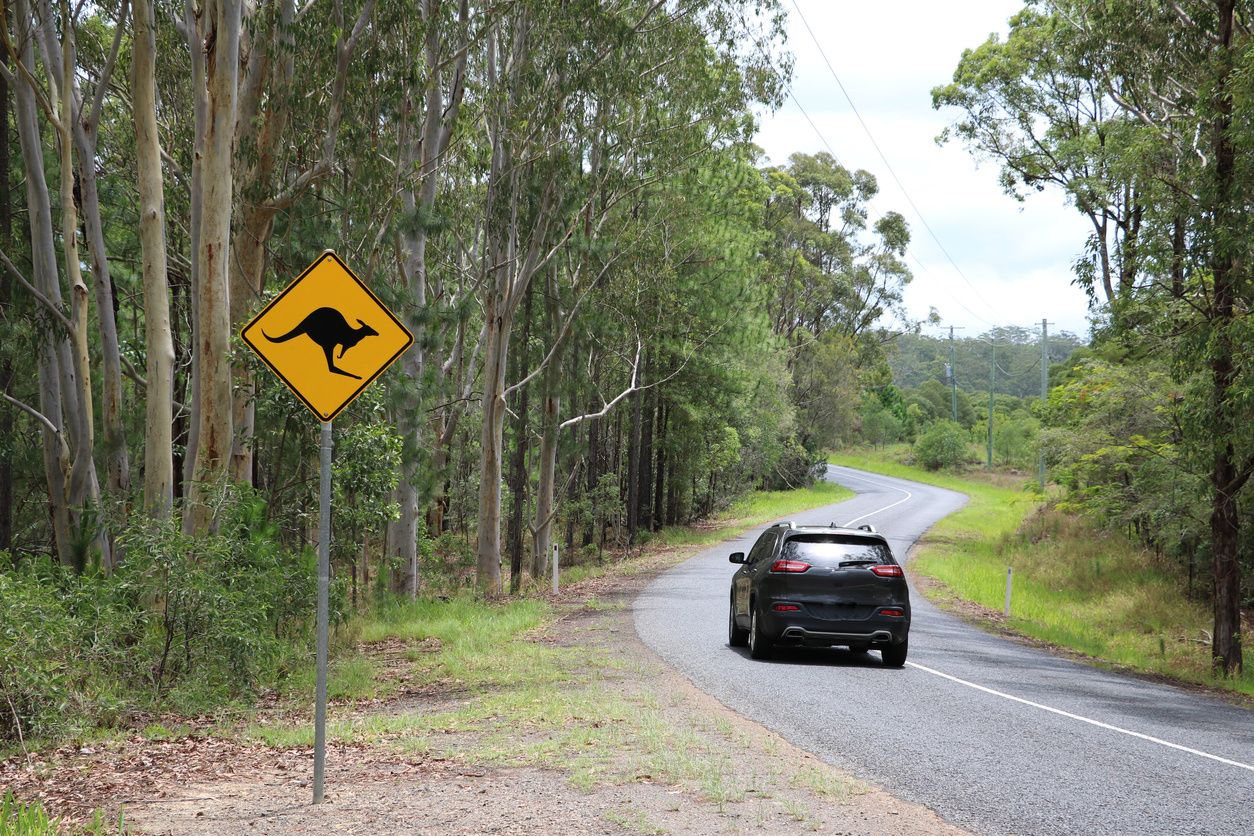Australia regulates self-driving cars with new national law
Now that self-automated cars have dominated the tech world, the rest of the world has to adapt to their arrival — which means new laws and regulations. Australia is at the forefront of this movement, working to create a national law around self-driving cars and other autonomous vehicles by 2020. This law won't just exist for accountability or safety, but also to help manufacturers bring products into the country.
The National Transport Commission (NTC) — a group that regulates Australia's transport systems — will draft and create this law, which looks to unify the different rules across the country. One issue with Australia's current laws, is that they all assume there's a human driver in the front seat that will take responsibility for anything that happens in the car, as New South Wales requires, according to the NTC.
Responsibility is a huge part of creating laws for self-driving cars. "Without a change to existing laws or new law, there would be no-one to hold responsible for compliance with our road rules when an automated driving system is in control of a vehicle," said Paul Retter, NTC chief executive in a statement.
The NTC has proposed multiple versions of the law, including making sure that there's always going to be a legal entity who takes responsibility for driving, allow autonomous systems to control the driving rather than people, and come up with compliance and enforcement rules so self-driving cars can be on the roads.
The group has also recently released a video about autonomous vehicles — kind of like a public service announcement — to help educate people about the potential future of self-driving cars in Australia. In addition to explaining the need for unified laws and regulations around autonomous vehicles, NTC also revealed that there were also more than 700 laws that currently stand in the way of self-driving cars making their way to Australia and flourishing.
Whether or not you're for autonomous vehicles, they're here to stay — and Uber's accident won't be the last of self-driving car crashes around the world. So rather than ban the cars directly, many are trying to perfect these vehicles and put laws in order that protect victims and place responsibility on respective entities.
"With automated vehicles, there will be times when an 'automated driving system', rather than a human, will be in control of the vehicle," Retter said. "We need a nationally consistent law to know who is in control of a motor vehicle at any point in time."




